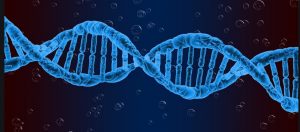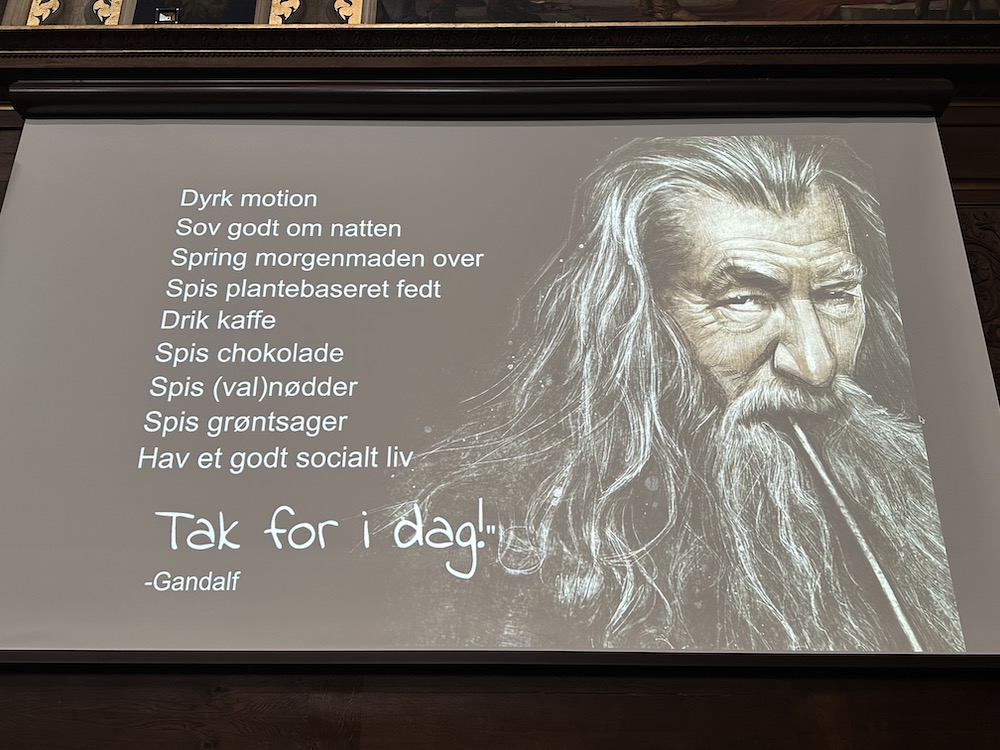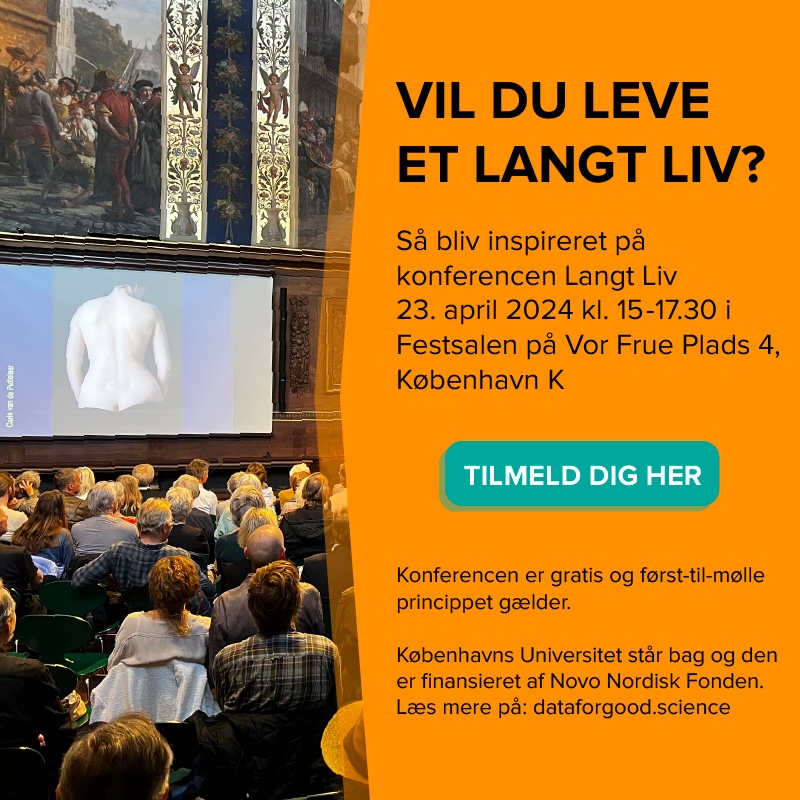
DNA-scientist: A Picture Tells More About Us Than Our DNA
Interview with Morten Scheibye-Knudsen, medical doctor and associate professor and member of the steering group of the Challenge project, studying what happens to our tissues when we age.
Every day Morten Scheibye-Knudsen swallows 2 capsules of nicotinamide riboside. So does his wife. And his mother. They buy it on the Internet, as it is not for sale in retail in Denmark. By eating them, they get more of the NAD molecule, which is something you slowly lose, when you age.
The nicotinamide riboside capsules are just one way in which the 40 year old medical doctor and associate professor is trying to regulate his DNA and the pace in which he is aging. After 8 years at the National Institute on Aging in the US and 3 years at the Center for Healthy Aging in Copenhagen, he knows that damage occur to our DNA every day, and that we may be able to measure it, halt it and regulate it.
Are you afraid of getting old?
“I am probably more afraid of getting sick,” he says. ‘As a doctor I would like to find the reason for getting sick. Aging is one of the most important reasons.
In his work he is focusing on the very basic building blocks of life: our DNA. Particularly, he studies how damage to our DNA may contribute to age-related diseases such as Alzheimer’s, Parkinson’s, and cardiovascular diseases. He combines both computer modeling and laboratory experiments to better understand the aging process. With this knowledge, he aims to modify the consequences of aging by developing interventions that will allow everyone to live healthier, happier, and more productive lives.
In CHALLENGE Morten Scheibye-Knudsen uses computer algorithms to understand aging. He and his team study human tissue from the Pathology Department at Rigshospitalet and combine it with data from Statistics Denmark. Two PhD studens are going through text and pictures in the registers to find key changes happening due to aging.
What is you highest hopes with this project?
“To get a more fundamental understanding of what happens to our tissues with age. Tissue from the liver tend to age differently from skin tissue, which may be also different from the brain tissue. I would also very much like to find out what molecules can change the pace of aging.”
Behavioral Data Needed
According to Scheibye-Knudsen there is a better understanding in the population today about data and data use and abuse. What he does not understand is the skepticism around our DNA.
 “Our DNA tells less about us than a picture. You cannot predict very much from a DNA sequence. But a photo tells you how old you are, if you smoke, how much you weigh, you can be recognised by the photo, and it can predict your future illnesses. With your age and your BMI, we can predict how old you will become. That could be of great use for insurance companies.”
“Our DNA tells less about us than a picture. You cannot predict very much from a DNA sequence. But a photo tells you how old you are, if you smoke, how much you weigh, you can be recognised by the photo, and it can predict your future illnesses. With your age and your BMI, we can predict how old you will become. That could be of great use for insurance companies.”
“As a scientist I have no wish to know a person behind the data. We don’t make money on personal data. We just use it to find better ways to treat people. Compared to Facebook and Google, unfortunately we dont have access to as much data. They have behavioral data. What we buy, what we do, and how we react. That data would be a goldmine for public science,” says Morten Scheibye-Knudsen.
He hopes that Statistics Denmark will be able to collect more behavioral data, as that is was the national statistics bureau really lacks.
Human In The Loop
He does not see privacy laws as hindrance for science – he rather believes in ‘rigid regulation’ when it comes to personal data. Also when it comes to regulating artificial intellicens (AI).
“AI is a tool that presumably can save lots of lives. In many situations AI is better than humans. And I believe most people are afraid of it, as they don’t understand it. Therefore we always need humans to make sure that we don’t cross the red line and to explain the algorithms to patients” he says.
Apart from the nicotinamide riboside Morten Scheibye-Knudsen does following to halt his aging:
- reduce calorie intake
- he is fasting 16 hours everyday by not eating breakfast
“Some science actually shows that if you fast three days, it works as well as chemo therapy,” he says. - exercise by biking
- reducing stress level by a lot of reading, as chronic stress is really bad.

